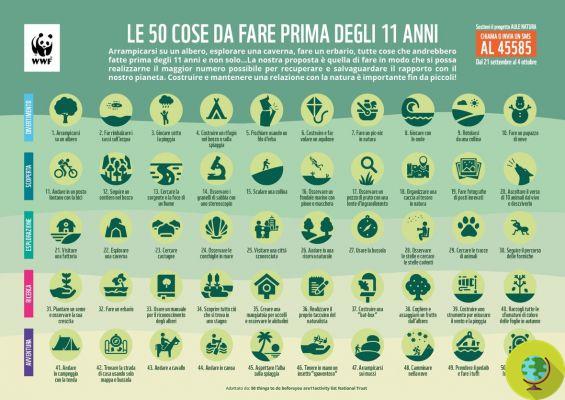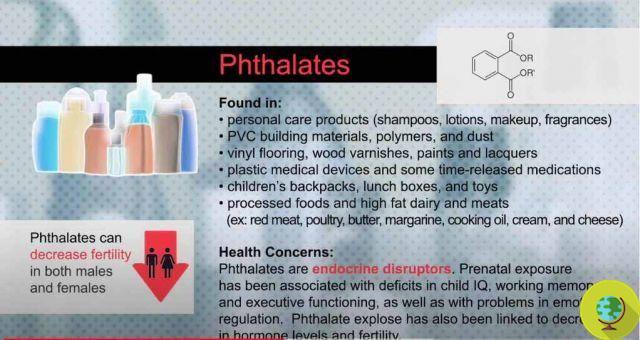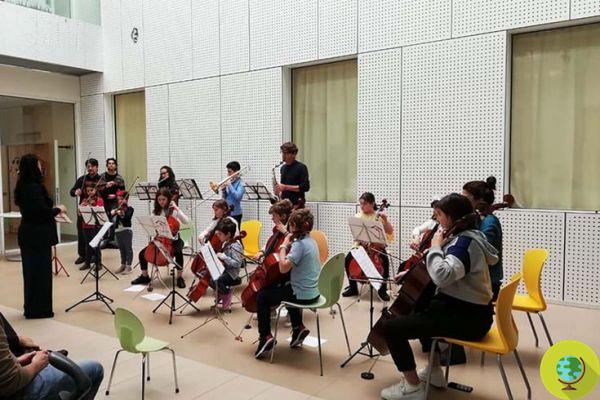In a society like today's, how do you raise a child who is not attached to material objects? Some American researchers come to our aid with this interesting study.
Don't store avocado like this: it's dangerousIn a society like today's, how do you raise a child who is not attached to material objects? Some American researchers come to our aid with this interesting study.
How many times have we promised our child a new toy if he got a good grade in school? And how many others, did we give him a mountain of gifts even though his room was already packed? The materialism it is on the rise, scientists have repeatedly said, but now a new study promises to reveal how to curb this trend.
We parents can hardly say no to our children, it is undeniable. But satisfying them in everything is not the right way to make them grow as generous people, indeed even this type of materialism could lead them to have more or less serious mental disorders.
Marsha Richins and Lan Nguyen Chaplin, economics professors at the University of Illinois in Chicago, are convinced of this and in a new study published in The Journal of Positive Psychology, describe a way to curb the tendency towards materialism: work on their generosity.
Scientists have long been working on the relationship between children and material objects, arguing that having rewards does not help them at all, indeed in the long term it even leads to motivating them.
Marsha Richins and Lan Nguyen Chaplin conducted an experiment to understand how much being a 'materialistic child' affected being an adult. After several quizzes and tests, they came to the conclusion that this type of adult tends to have both marital and financial problems and the relationship with the environment is certainly not better: waste and excessive consumption.
"Our results show that it is possible to reduce materialism among young consumers, as well as one of its most common negative consequences (not generosity) by using a simple strategy - promoting gratitude for things and people," writes Lan Nguyen Chaplin.
A systematic review
After studying a national sample of over 900 teenagers between 11 and 17, the team found, therefore, that materialism can be defeated through generosity.
The teenagers were asked to fill out two short questionnaires. The former was a measure of materialism, assessing the value they had of money and other material possessions, while the latter was a measure of gratitude, assessing how generous they were over the course of their life.
All the teens kept a daily journal for two weeks, but one group was asked to write a gratitude journal.
After two weeks, the diaries were taken. Participants were asked to fill out questionnaires and were also given money they could keep for themselves or donate to charity.

And here's the surprise. Those who wrote the gratitude journal were likely to donate part of the reward to charity. How can this be applied to everyday life? The alternative to toys, money, smartphones and designer clothes is to teach our children to be more generous. How? Spending more time with them, encouraging them to be in contact with nature and having fun together, to make them understand that to be happy you don't need to have all the objects in the world.
Read also:
- To be or to have: the answer is within us
- Gratitude Journal: How and Why to Start Writing One
- Child tyrant (or emperor) syndrome: how to recognize and contain it
Dominella Trunfio

























